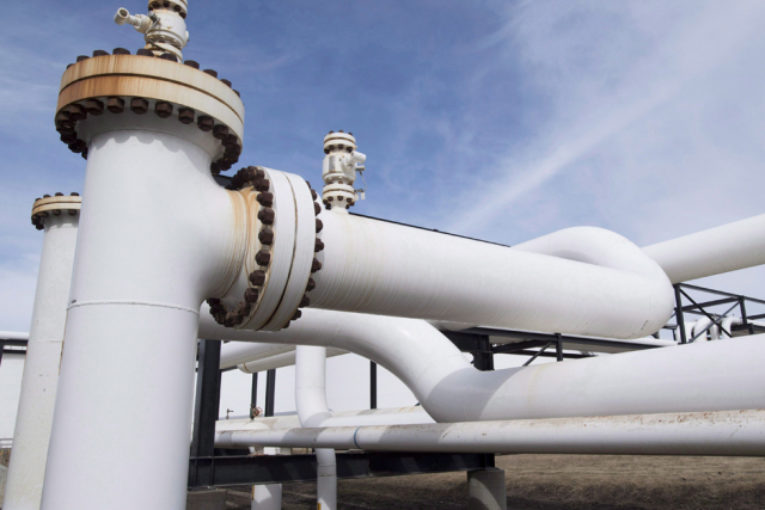
OTTAWA — The National Energy Board has less than six months to redo its environmental review of the Trans Mountain pipeline expansion, this time taking into account the impact of additional oil tanker traffic off the coast of British Columbia.
Three weeks after the Federal Court of Appeal ripped up the approval for the expansion project, Natural Resources Minister Amarjeet Sohi said cabinet made an order earlier this week telling the NEB it has 22 weeks to complete a thorough review of the environmental impact of additional oil tankers resulting from the additional flows of diluted bitumen coming from an expanded pipeline.
“We are confident that this plan will allow us to meet the high standards that Canadians expect when it comes to protecting the environment,” he said.
The review will include looking at the impact on killer whales of the additional tankers — it’s estimated the number will go from about five tankers a month to 35.
The Federal Court of Appeal last month quashed the approval the NEB and the cabinet gave the project in 2016, citing improper consultation with Indigenous communities and a lack of review of the marine shipping issue. The decision laid out some specific things Canada and the NEB have to do if they want to get the pipeline approved again.
“Obviously this decision was disappointing, but by no means insurmountable,” said Sohi.
He said Canada’s plans to restart consultations with Indigenous communities will be announced shortly.
A source told The Canadian Press recently the government is looking at hiring a retired federal judge to help oversee those consultations with a view to ensuring they follow court-ordered processes exactly this time.
Sohi is also appointing a scientific technical adviser to the NEB review panel to help conduct the oil tanker review.
The expansion project is to build a second pipeline, roughly parallel to the existing one that runs between Edmonton and Burnaby, B.C. It will triple the total capacity, but the new pipeline will only carry diluted bitumen for export to foreign refineries, while the existing one carries a number of products including refined oil.
Sohi was speaking from Halifax, where he is hosting G7 energy ministers for meetings today. G7 environment ministers spent time talking about issues like climate change earlier in the week.
Environment Minister Catherine McKenna said Friday the issue of expanding the pipeline was not raised at those meetings. Canada has been heavily criticized by environmental groups for approving the expanded pipeline, which they argue is incompatible with Canada’s promise to cut greenhouse gas emissions and help slow global warming.
Prime Minister Justin Trudeau and the cabinet argue Canada needs to continue to develop its resources even as it makes the slow transition to a clean energy economy.
Canada issued cabinet approval for the expanded pipeline in 2016, but political opposition, particularly from the new NDP government in British Columbia that doesn’t want the pipeline, spooked investors from Kinder Morgan Canada enough the company wanted to walk away from the project.
In May, Finance Minister Bill Morneau announced Canada would buy the existing pipeline from Kinder Morgan for $4.5 billion, expand it and then sell it back to a private buyer when the timing was right.
With files from Janice Dickson
You can read more of the news on source
